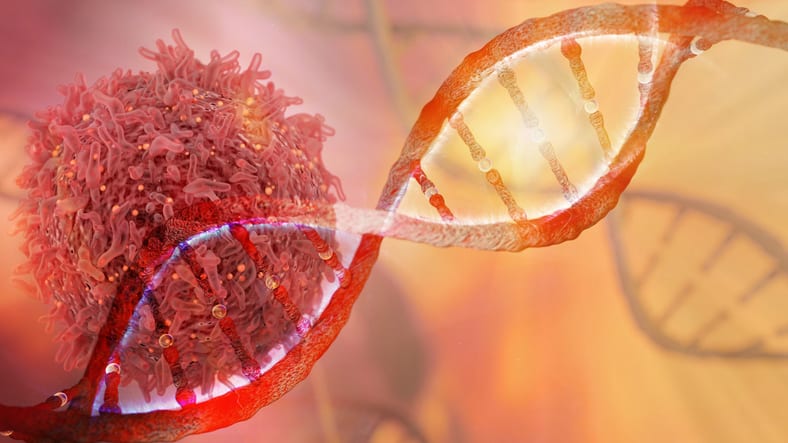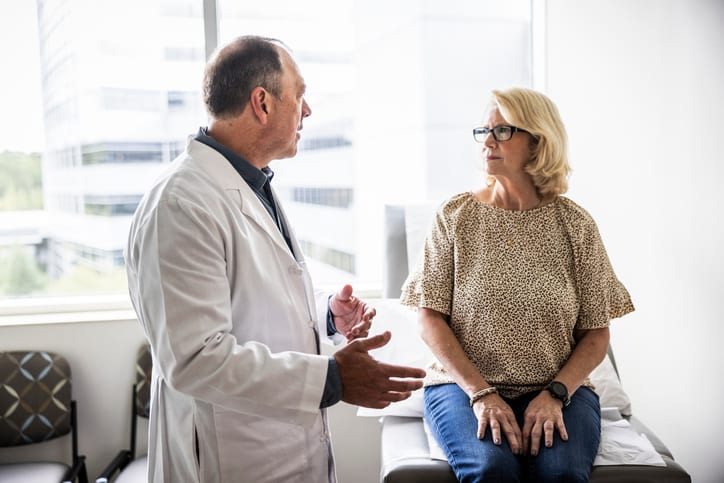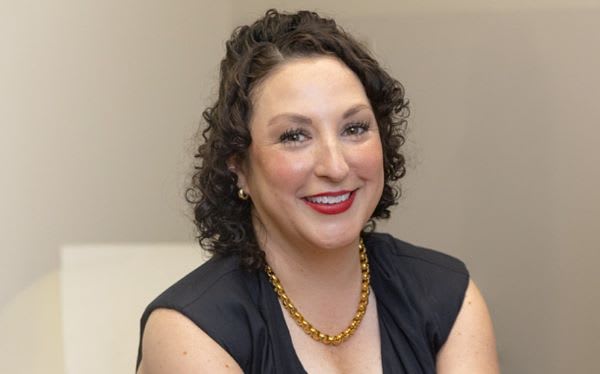Nipple-Sparing Mastectomy
Breast Surgery That Maintains a More Natural-looking Appearance
At the Providence Swedish Cancer Institute, we believe that the right care honors both your health and your identity. That’s why we offer a variety of reconstruction procedures after your tumor removal, including nipple-sparing mastectomy for eligible patients — a procedure that supports your treatment goals while helping preserve the natural look and feel of your breast.

Treatment Overview
A nipple-sparing mastectomy is an advanced surgical procedure that removes breast tissue while preserving the nipple, areola, and surrounding skin. Often combined with breast reconstruction, this approach can lead to more natural-looking results and may improve outcomes for patients who do choose reconstruction.
At the Providence Swedish Cancer Institute, our expert breast surgeons are highly experienced in this specialized technique. We take the time to understand your goals and design a treatment plan that supports both your physical and emotional healing. For eligible patients, nipple-sparing mastectomy offers an effective way to treat or reduce the risk of breast cancer while maintaining the body's natural appearance - and a stronger sense of self.
What to Expect
At the Providence Swedish Cancer Institute, we'll help you prepare for each step of your nipple-sparing mastectomy. From surgical planning to recovery, your care team is here to support your physical healing, emotional well-being, and personal goals, drawing on deep expertise and close collaboration across breast cancer specialties, so you can move forward with confidence.
About a week before surgery, we'll schedule a pre-admission visit to:
- Assist with any remaining pre-surgical lab work or tests
- Review what will happen during your surgery
- Explain potential side effects
- Discuss medications and post-surgery care, including in-home help or equipment if needed
You'll receive information to prepare for your hospital admission. If you have any questions after your pre-admission appointment, you can reach out to your nurse or care coordinator, who will be happy to help.
Nipple-sparing mastectomy usually takes 2 to 3 hours, and most patients stay in the hospital for 1 to 2 days — longer if reconstruction is performed at the same time. Recovery can take several weeks. You may have soreness, swelling, limited arm movement, or temporary drains to avoid fluid buildup. You’ll need to avoid lifting, strenuous activity, and heavy exercise for a few weeks. Your care team will manage your pain, monitor your recovery, and help you safely return to your daily routine.
A nipple-sparing mastectomy preserves the nipple, areola, and breast skin, which can help maintain the natural shape and appearance of the breast. This often leads to improved cosmetic results with reconstruction and may support emotional well-being during recovery.
For eligible patients, a nipple-sparing mastectomy offers a safe and effective way to treat or reduce the risk of breast cancer while honoring body image and self-confidence.
As with any surgery, there are risks, including:
- Infection
- Bleeding or fluid buildup (seroma)
- Delayed wound healing
- Loss of nipple or skin due to poor blood flow (nipple necrosis)
- Changes in nipple sensation or nerve damage
- Complications from anesthesia
Your care team will talk with you about these risks, answer your questions, and help you make an informed decision that aligns with your goals.
You’ll have several follow-up appointments after your procedure for the first few weeks. This helps us monitor your healing and manage any complications. As time goes on, your appointments will be less frequent, but regular checkups are required so that we can continue to manage any of your ongoing treatment needs and watch for any signs of recurrence.
Services are also available to help you through every treatment stage.
Learn more about our supportive care services.
Frequently Asked Questions
You may be eligible for nipple-sparing mastectomy if your cancer is small, hasn’t spread to or near the nipple, or if you’re having preventive surgery due to your being identified as high risk for breast cancer. It also depends on your breast size, tumor location, and overall health. Your surgeon will evaluate your diagnosis, anatomy, and treatment goals to determine if this approach is a good choice for you.
On the day of your surgery, you will meet with your anesthesiologist, who confirms details of your medical record, clarifies any questions about your medical history, and performs a physical exam.
You have an opportunity to ask any remaining questions, talk about how you’ll receive anesthesia, and discuss your post-surgery recovery plan.
While every recovery is unique, most people begin to feel more like themselves within 4 to 6 weeks. Early on, you may experience fatigue, tightness, or sensitivity around your chest, and limited range of motion. These symptoms gradually improve with time, rest, and gentle activity. Follow-up appointments help your team track healing and address any concerns. With their support, you’ll ease back into your routine safely and with growing confidence each day.
It’s possible — nipple-sparing mastectomy keeps the nipple and skin in place, but the nerves that provide feeling are often affected during surgery. Some people lose sensation completely, while others notice changes that are temporary and may improve over time. Your surgeon will talk with you about what to expect and answer any questions you have about healing and long-term sensation.
Because the nipple, areola, and most of the skin are preserved, many people feel their breasts look more natural after surgery — especially with reconstruction. There may still be scarring, and symmetry can vary depending on your body and whether both breasts are treated. Your team will explain what to expect and help create a plan that supports your comfort and confidence.
Yes, many patients have immediate reconstruction during the same surgery as their nipple-sparing mastectomy. Whether this is right for you depends on your diagnosis, body type, and health history. Your surgical team will work closely with a reconstructive surgeon to create a plan that supports your goals and overall recovery.
We provide a full range of supportive care services to support you during and after your cancer treatment. Some of these services include:
- Art therapists
- Cancer rehabilitation (onco-physiatry)
- Care coordinators
- Genetic counseling (cancer geneticist)
- Health educators
- Medical massage (edema, lymphedema management)
- Music therapist
- Naturopaths
- Nutritionists
- Oncology nurses
- Social workers
- Speech and language pathology
We can also help with finances, food, transportation, and other challenges for eligible patients through our patient assistance fund.
See the full list of supportive care services.
Note: Some services are provided by local partners and vary based on location. Please contact your clinic for more information.
News & Info From Our Experts



